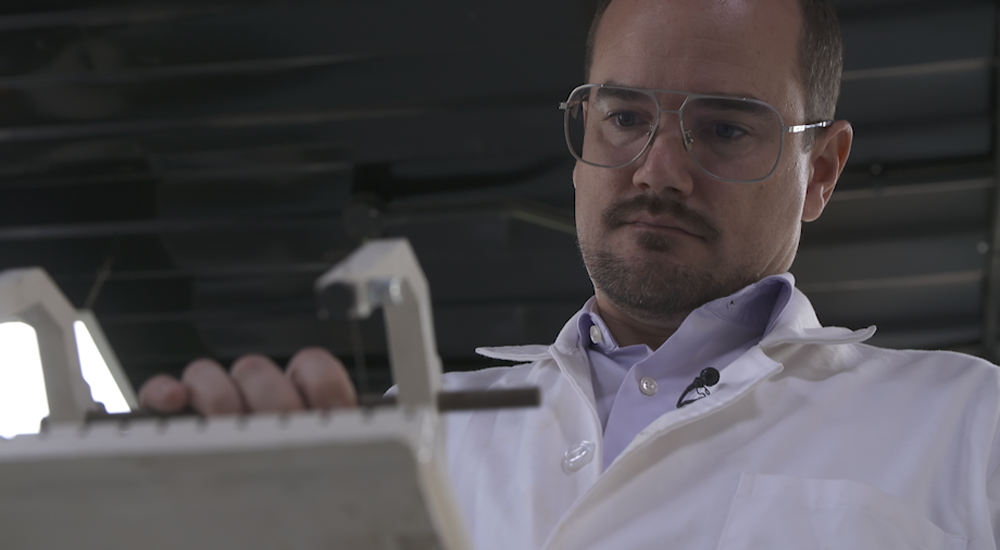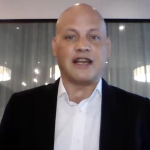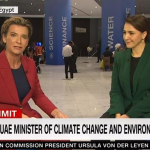CNN’s Eco Solutions meets the companies mitigating climate change in Abu Dhabi

In the latest episode of Eco Solutions, CNN meets the companies in Abu Dhabi helping to reverse the effects of climate change, and explores waste upcycling technology, an indoor garden ecosystem and a biofuel plant.
Dr Nicolas Calvet, CEO of start-up Seramic, has invented an upcycling method which transforms construction waste into refined ceramic material. He explains the process: “When you put all the household trash, they go to landfill usually, or they go to incinerator. If they burn it, they will generate ash and we recover this kind of waste in our formulation of ceramic. We crush it to make powder, we have then a paste or a powder that we can shape into the final product.”
Construction waste is an increasingly important issue in the growing city of Abu Dhabi, and the company uses 100% recycled waste to produce refined ceramic materials like bricks and tiles. “We solve a waste management issue, and we make a product that is more affordable,” Calvet explains.
Another company mitigating climate change is HydroArtPod, an indoor garden ecosystem which uses a limited amount of water to grow produce without soil. Aline Pate co-founded HydroArtPod to solve a problem she said she faced as a young parent, “When, I was a young mom, all the food I could buy was coming from some sort of store. I had no control about where it was grown. I did not know what chemicals were sprayed on.”
She describes the benefits of this hydroponic garden: “It just grows much faster than any other systems. That is due to the water circulating in the unit. Automatically the water has nutrients which supply the plant roots, what they need, when they’re needed.” She adds, “I really needed a solution that made it possible for anyone who has a busy lifestyle to get fresh organic produce at home without the time and effort involved that other growing method would require.”
HydroArtPod have also launched an app which informs users when the device needs their attention and monitors their carbon footprint. Pate explains, “The app would automatically recognise that you had harvested a portion. It calculates how much plastic you saved by all the home growing.”
CNN later meets the bioenergy scientist producing sustainable biofuel, Dr. Alejandro Rios. He explains the global potential of Khalifa University’s biofuel plant. Using 100% salt water, the technology at the plant integrates fish farming with agriculture to produce sustainable biofuel for aviation.
“We are producing biomass that can be turned into a usable form of energy, in our case, sustainable aviation fuel, and we are cleaning the water and cleaning the air in the process.”
The salt water from the fishponds is used as fertiliser for halophyte plants, a salt-tolerant plant that thrives in desert conditions. The plants produce oil which converts to biofuel and is used as jet fuel.
Rios shares his hope that this homegrown solution could mitigate the impacts of climate change in the future, “The research that we’re doing here is not being done in any other place around the world. What is happening is that you’re creating knowledge here in the UAE, and that knowledge can actually be exported to other places around the world.”
“We as humans forget about the problems we produce when we use something. We need to start making sure that we use or reuse all the waste streams that we generate,” he says.
Credit : CNN





